Aesop and fables are among most related words in the world of literature. But people too often confuse Aesop with Greek philosophers and fables with fairy tales.
So I decided to collect top 10 facts about Aesop, the mysterious man who never wrote any of his fables, but still managed to become one of most popular authors of all times.
(Image credit: Diego Velasquez, all used images are in public domain)


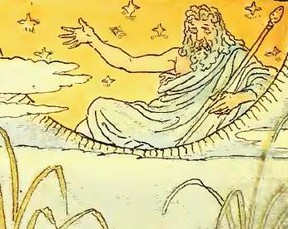
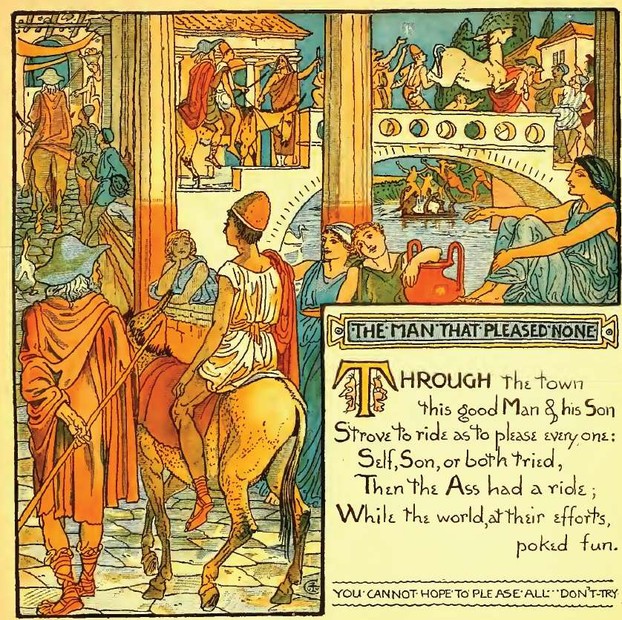
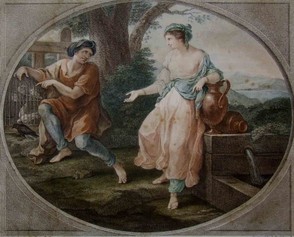
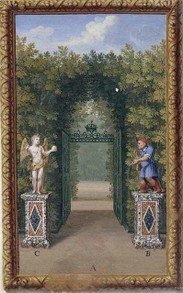
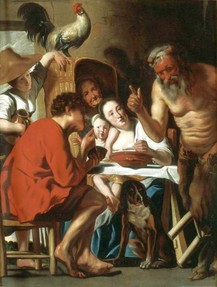 6. Many of the Aesop's fables are almost the same as tales in another famous collections from India and Southeast Asia. Dozens of stories from Panchatantra and Jataka tales share the same plots and morals, many others differ in characters or plots and others have completely different morals.
6. Many of the Aesop's fables are almost the same as tales in another famous collections from India and Southeast Asia. Dozens of stories from Panchatantra and Jataka tales share the same plots and morals, many others differ in characters or plots and others have completely different morals.
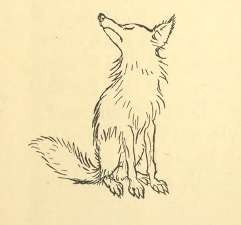
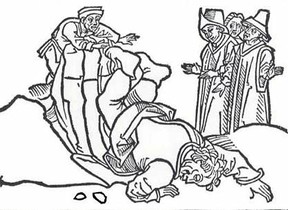
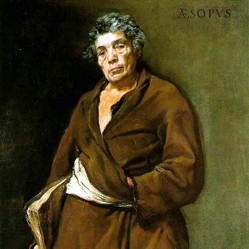

 Vintage Postcard Artists with 10 Examples of Easter Cardson 02/21/2025
Vintage Postcard Artists with 10 Examples of Easter Cardson 02/21/2025
 Valentine's Symbolson 01/23/2025
Valentine's Symbolson 01/23/2025
 Thanksgiving Symbolson 11/12/2024
Thanksgiving Symbolson 11/12/2024
 Famous Witches in Literary Historyon 10/06/2024
Famous Witches in Literary Historyon 10/06/2024
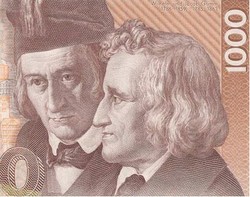
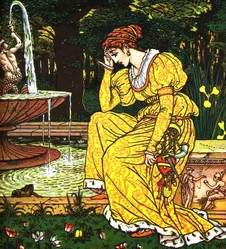
Your thoughts on most famous fabulist of all times?
Yes, Aesop was probably not Greek but Greeks invested most in the 'distribution' of his work. Which by the way, is maybe not his at all:)
Your first fact about Who Was Aesop? intrigues me.
Why is it that we know more about how and what he thought through his fables than who he was and why he thought the way that he did?
I'm not being facetious when I say that it makes me think of songs like Secret Agent Man -- "they've given you a number and taken away your name" -- and television series like The Prisoner.
It makes me think that Aesop was not Greek, certainly suggested by some such biogeographical origins as Lydia and Sardis in what is now Türkiye.
Thanks, frankbeswick, for your contribution and sorry for my late response (life happened). You are right about the connections, for me this is part of the charm of old tales and fables. We can learn a lot about history and about ourselves just by reading the fables.
It is unsurprising that there is an Indian parallel with Aesop, for Greece and India were in contact through the trade routes through the east. A sea route to India ran from India to the Red Sea ports of Egypt, and the shipping connections between Egypt and Greece were regular. Furthermore, Greek and Sanskrit are related and similar languages [Latin as well.] The similarities led Greeks and Romans to speculate on a common origin for both theirs and the Sanskrit language. Thus there were no significant barriers to an interchange of stories between the two.
There were very strong cultural connections between India and South East Asia, as we see in the export of Hinduism to Indonesia, so tales could go back and forth.
But many folk tales rise from deep in the human psyche,in the collective unconsciousness that holds the archetypes and which gives birth to myths, so the same ones tend to spring up, and so cultural networks tend to arouse what is implicitly, potentially present in the human mind.
Esop is a class on his own;)
Thanks, VioletteRose, for stopping by!
I have heard about him, but never knew this much. All those tales are lovely. Thanks for writing this!
You are right, sheilamarie. Simplicity is probably the main reason for popularity of the fables. And we should never underestimate the wisdom of people with lower social status. We don't know why Aesop became a slave, we don't know almost anything about his education, but we know he earned freedom what definitely wasn't an easy task.
I love the simplicity of the tales. They are great for telling orally. I find the idea of a slave who has the wisdom to see into people's motivations and wants to give advice in a slant way very appealing.
Thanks for you visit:)